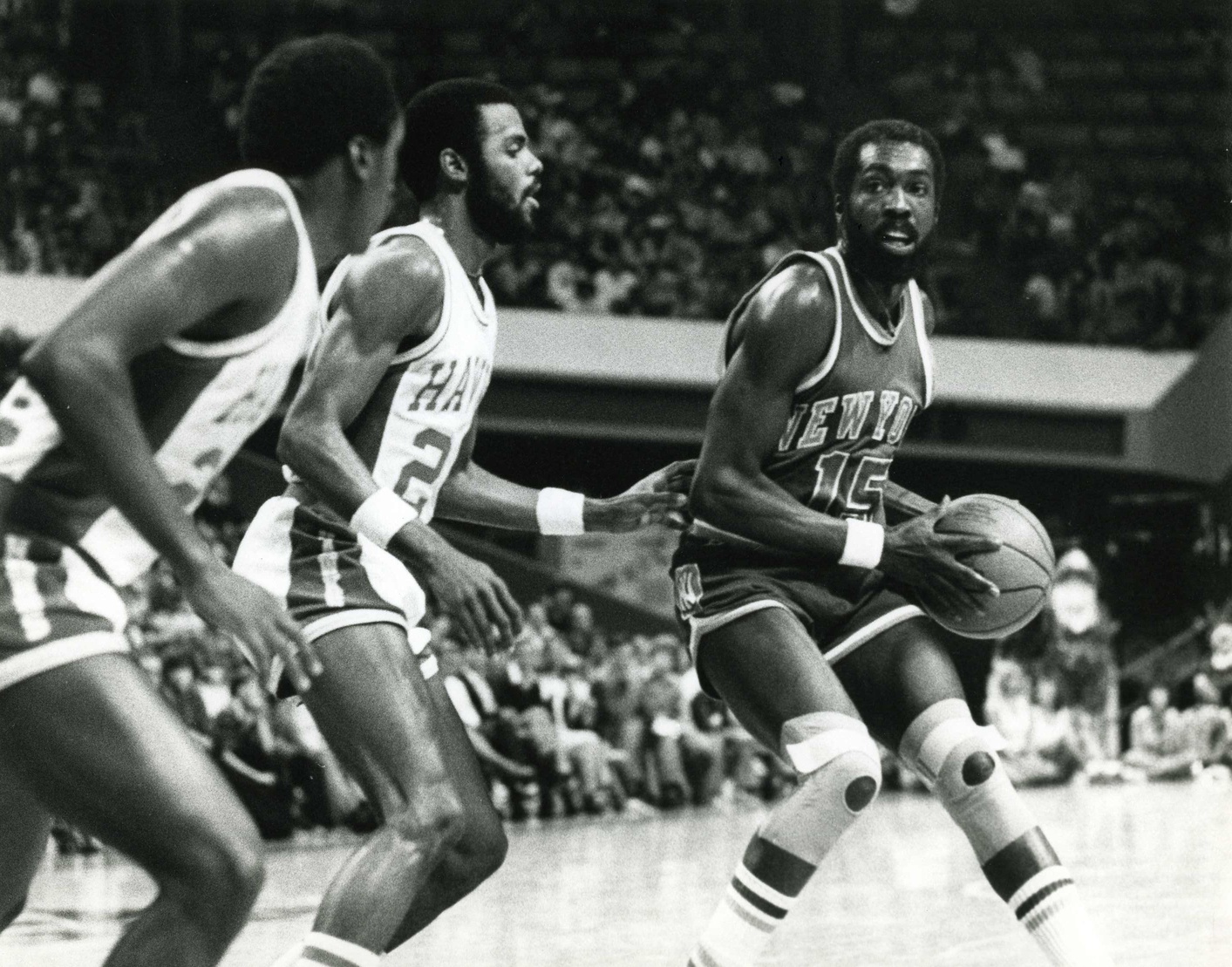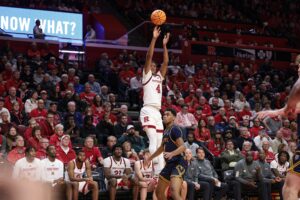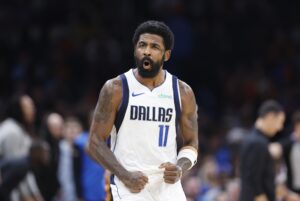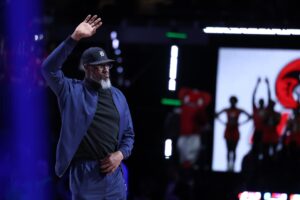Would the New York Knicks have been able to win their last championship without Earl Monroe?
In 1972-73, the Knicks had a stacked roster, with Monroe playing alongside six future Hall of Fame selections. When they made it to the 1973 NBA Finals, teams like the Baltimore Bullets (who are now the Washington Wizards) were no match, losing the series in five games. Ironically, the Bullets had traded Monroe to the Knicks the previous season.
On Nov. 10, 1971, Baltimore shipped Monroe to New York for Mike Riordan, Dave Stallworth and cash. It’s amazing to think that the fateful deal might have never went down. Before agreeing to join the Knicks, Monroe received interest from the Indiana Pacers. The Pacers are now considered a Knicks rival due to the playoffs battles they had in the 1990s. However, back when Monroe was playing, they were one of the team’s in the American Basketball Association (ABA).
Why Knicks Champion Earl Monroe Passed Up Pacers To Play In Big Apple
The Pacers, then led by players like Mel Daniels and Roger Brown, didn’t leave the best impression on Monroe though. A heavy presence of firearms in the locker room alerted The Pearl that he might be in the wrong oyster.
“…I was kind of discouraged from that,” Monroe tells Steve Serby of the New York Post. “I went out there, I went to a game and it was great, they had a great team, the guys were great. But after the game (chuckle) they all went up into the top of their lockers and they got guns out. I didn’t know what that was about, but I knew it wasn’t a place to be if I had to deal with guns like that.”
After that experience, Monroe quickly called his agent. He didn’t want to play for the Pacers, who went on to win the 1972 and 1973 ABA championships. One could say that what Monroe saw that night altered the course of history.
“Obviously we didn’t have cell phones back then, so I found a pay phone in the arena and told [agent Larry Fleisher], ‘I don’t think this is the place for me.’ And he said, ‘Well, come on home, Earl, I got another offer on the table for you,’ and that was the offer from the Knicks.”
However, after realizing he didn’t want to play for the Pacers, he had to make a quick decision.
“I had to make a decision in a day,” Monroe recalls. “So I went to my mom, and my mom told me to just kind of follow my heart…”
His mother, Rose, passed away soon after in January 1973. Monroe, who proudly wears the mama’s boy tag, was obviously pained by this. While his family as a whole was supportive of him, his mom did everything she could for him.
“Obviously she was the best. Even till today I speak to her. She was the light of my life, and I was hers. Even though I had two sisters, I was the boy, I was like the baby of the family (chuckle). And everybody took care of me. She was just a special, special person. She worked her butt off for us and for me in particular. The interesting thing is that she only saw me play once, because she couldn’t stand to see me get hurt, or somebody hitting me or whatever the case may be. But she was so supportive of me.”
Monroe wasn’t exactly surprised by her passing, as she was already hospitalized.
“She passed away in late January. I went down to see her in the hospital, I got there late as usual, and spent a little bit of time there before I had to leave, because I think we had a game or something I had to get back to. I said, “OK, Ma, I’ll check with you later.” And she walked me through the door, she stopped me and hugged me and she said, “Earl, if anything happens to me, I want you to know that I’ll be OK.” So I drove back to New York and about 3 o’clock in the morning, my best friend from Philadelphia called me to tell me that my mother had passed.”
He even “dedicated” the 1972-73 season to her. “So by winning the championship (it) was like the crown jewel of what it was all about with her, and letting her know that I made it.”






